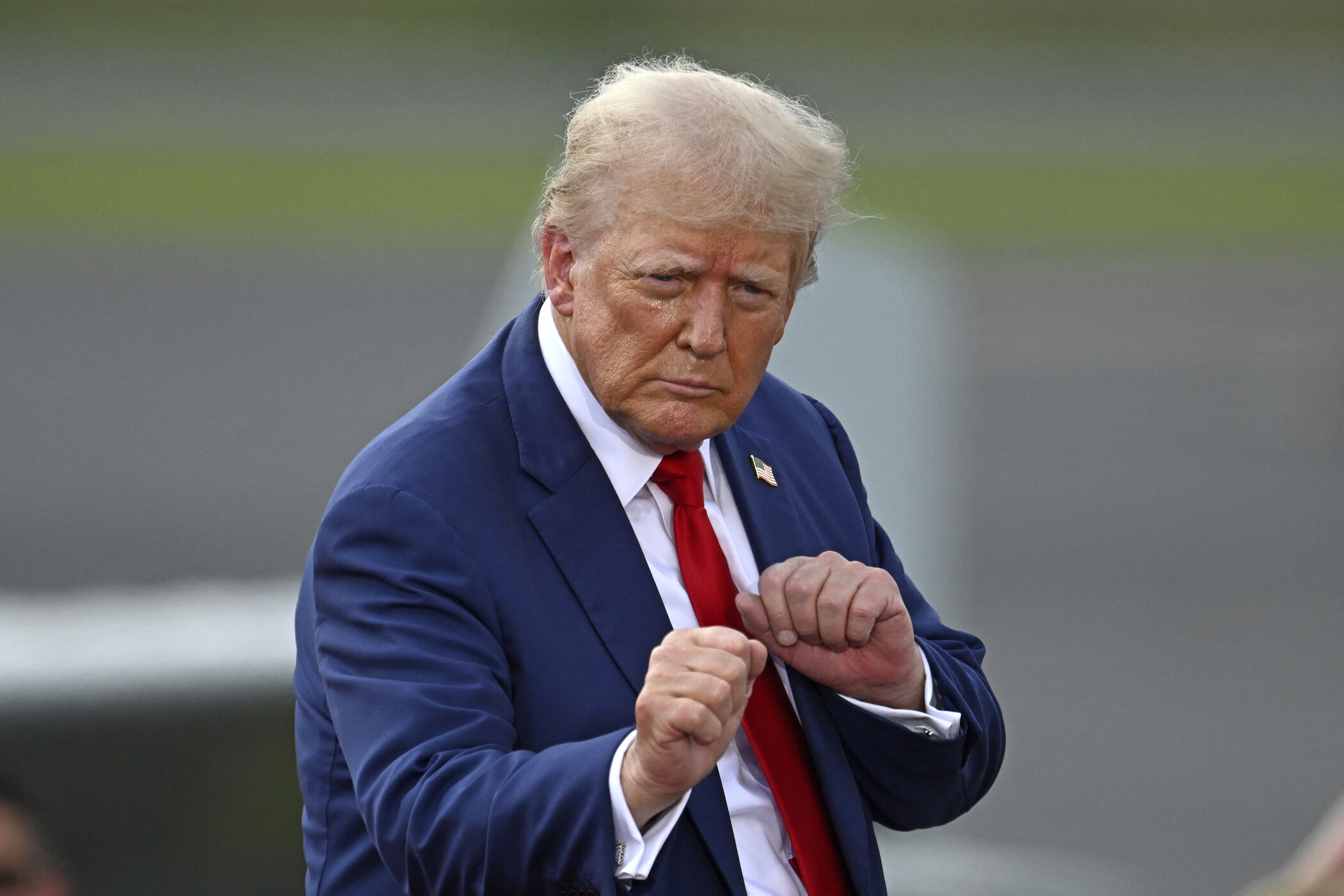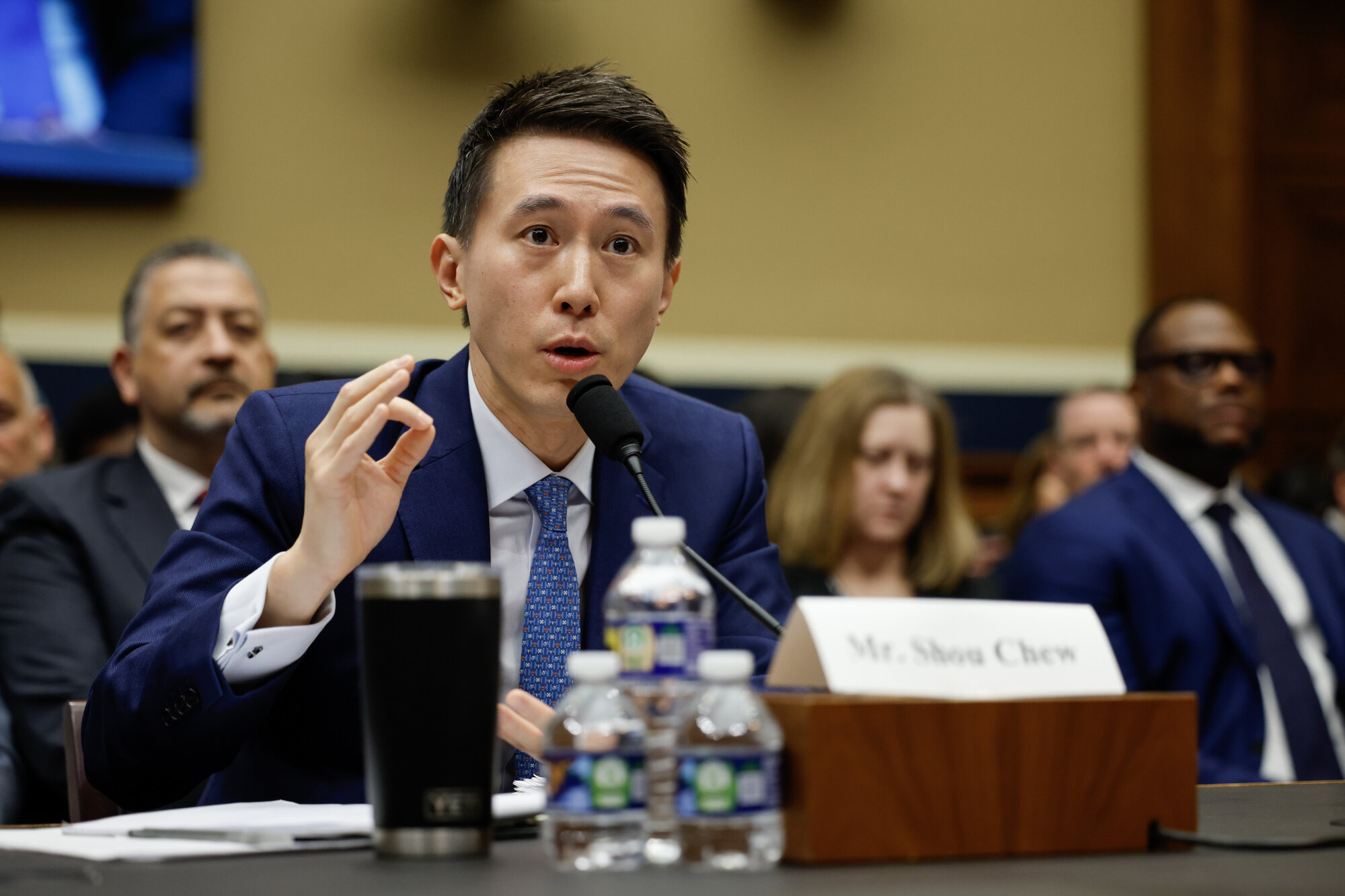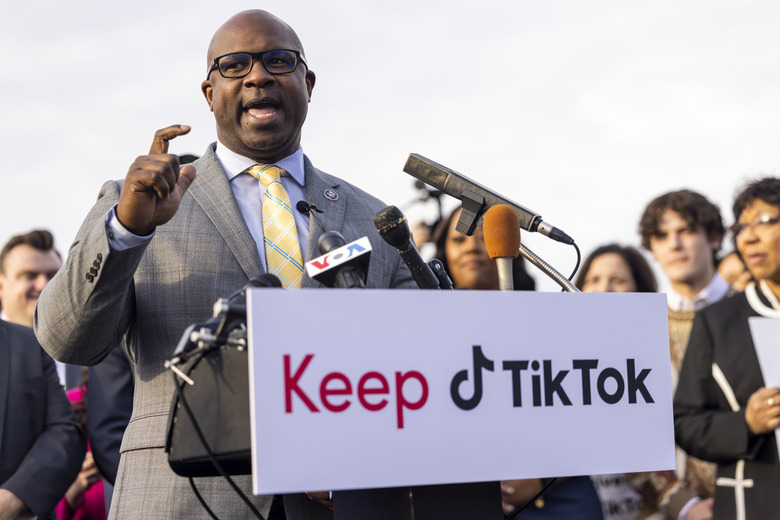TikTok's Wild Ride: How The Hottest Social Media App Found Itself On The Brink Of A US Ban
FCC Commissioner Brendan Carr once assured me in an interview that "the tide is moving out on TikTok." He made that pronouncement a little over two years ago, insisting to me that the popular video sharing app represented too much a potential national security threat — which is why he was already convinced, even then, that its days in the US were numbered.
By this time next week, we'll see whether Carr, President-elect Trump's new pick to chair the FCC, was right about the app's fate.
I say next week, because as of this writing we're only six days out from when enforcement of a TikTok ban is supposed to begin in the US, the result of a bipartisan law signed by President Biden. Barring an 11th-hour rescue, the immediate effect of that ban will be to remove ByteDance-owned TikTok from the app stores of Apple and Google. At this point, though, it's obviously still unclear how the dust is going to settle before the ban's deadline, especially with Bloomberg dropping the following bombshell on Monday:
Reportedly, Chinese officials have gamed out that it might be wise to curry favor with the incoming Trump administration by selling TikTok's US operation to one of his allies — current Twitter owner Elon Musk (read the full Bloomberg scoop here).
As far as tactics go, that would certainly be a sound move on the part of the Chinese. Especially since Trump, whose digital acolytes have built up a significant presence for him on TikTok, has done a complete 180 on the app since he first proposed banning it in 2020.

ByteDance, for its part, has waved off the Bloomberg report about China selling to Elon as "pure fiction," but you've got to chuckle at the Bloomberg story also noting that it's not clear how much ByteDance actually knows about the Chinese government's plans. ("My point exactly!" said Carr. Maybe.)
For now, though, let's set all that aside. Because I think it's worth stopping to consider how exactly TikTok got here in the first place — specifically, how the app known for viral dances and lip-syncing found itself on the precipice of being kicked out of its largest non-Chinese market.
Here's a brief look back:
TikTok's wild ride really began in 2020, when then-President Trump declared the app a national security threat. He signed an executive order threatening to ban the app unless its US operations were sold to an American interest. He had a legitimate concern — not wanting the Chinese government to be able to access data about American users. But, of course, it's Trump we're talking about, which is to say: Legitimate concern or not, the "orange man bad" contingent of TikTok's defenders managed to win a temporary stay of execution for the app.
That was also the year a little thing you may remember called Covid exploded around the world. TikTok slipped way down the federal government's list of priorities.

By 2023, though, it had all ramped back up under the Biden administration. Explosive reports from news outlets like Forbes convinced lawmakers from both parties that the app is or could be a Trojan horse for Chinese surveillance. TikTok CEO Shou Zi Chew was grilled about it all on Capitol Hill, but his assurances about the security of users' data did little to ease concerns. In fact, I'd argue that Chew's performance more or less sealed TikTok's fate. I mean, when a congressman asks you: "Has ByteDance spied on Americans at the direction of the Chinese Communist Party?" — the only correct answer is a resounding "no."
Chew's reply: "I don't think spying is the right way to describe it..."
Trump, meanwhile, is nothing if not true to his "everything is negotiable" philosophy about life and has since hop-scotched over the line to the other side of the argument, opposing a TikTok ban and declaring that it should remain available in the US — never mind that he's the one who got the ball rolling on all this in the first place. And finally, with the deadline looming, TikTok argued its case before the US Supreme Court just days ago, but the justices seemed disinclined to thwart the will of Congress. And that, friends, is more or less where we are.
For now, TikTok's millions of U.S. users are left in limbo, unsure if their favorite app will survive the week. The only thing we know for sure at this point: The tide may indeed be moving out on TikTok, but the story still isn't over yet.
